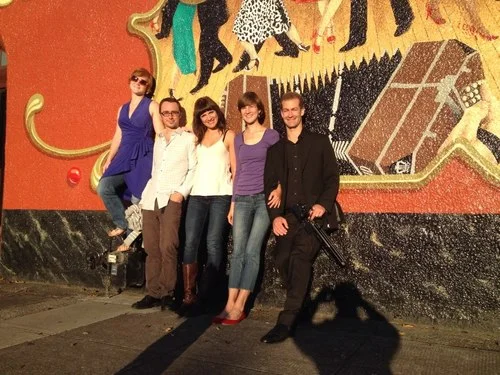Workshop at 7:00 pm - 8:30 pm
Tickets are $20
Tonight is a workshop for women who love to drum, or have always dreamed of drumming. Ashkenaz and Women Drummers International celebrate Women’s History Month with our March series of special concerts and workshops, the Maestra Series, featuring women musicians, dancers, and poets from around the world. The nights are filled with inspired culture, singing, dancing, drumming, performers in new groupings, once-only collaborations, and reunions of pioneering women musicians.
This all-ages Jamaican Roots Riddims workshop features traditional folk rhythms, songs, and stories presented by Afia Walking Tree and Ouida Lewis. Explore the music and culture of Jamaica in this fun and lively workshop. Both women are charismatic and masterful percussionists and teachers who embody the beauty and power of Jamaica.
Afia Walking Tree is a world-class percussionist and educator, a cultural ambassador, spiritual activist, empowerment guide, and leadership development advocate and trainer. Born and raised in Kingston, Jamaica, she is currently based in the Bay Area. Walking Tree’s drum-songs are prayers of gratitude for the generosity of spirit. Her lyrics are evolutionary teachings, addressing present-day issues of social justice, freedom, healing, and self-love. She serves as adjunct professor at Holy Names University, California Institute for Integral Studies, Sophia University, and Edna Manley College for the Performing Arts in Jamaica.
Ouida Lewis is an educator and percussionist/hand drummer and is a lecturer at Kingston, Jamaica’s Edna Manley College of Visual and Performing Arts. She teaches traditional rhythms of her island home, the original sound of the reggae genre, Afro-Cuban, West African djembe and dununs. She teaches both children and adults in an effort to pass on knowledge of the evolution of Jamaican music. Lewis says, “This is important to me as I realize that people are becoming less aware of the origins of our music and the enormous rich culture it spans from, thus losing a sense of self. Together with a group of educators we hold and teach the history of the traditional Jamaican folk forms. It’s a longtime dream of mine to share Jamaican traditional rhythms outside of Jamaica.”


